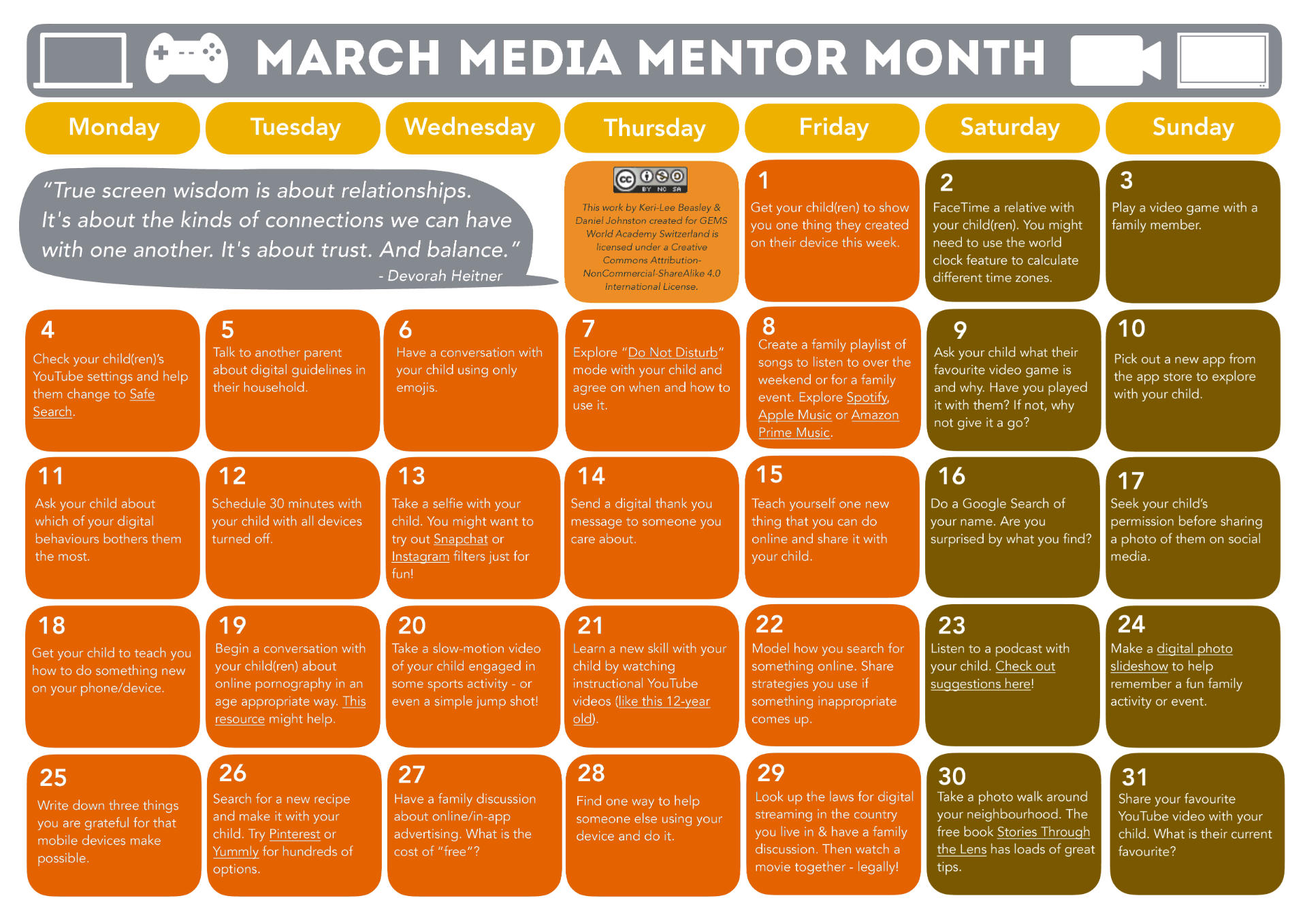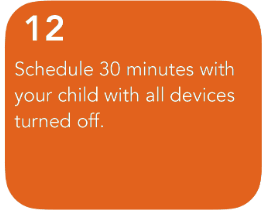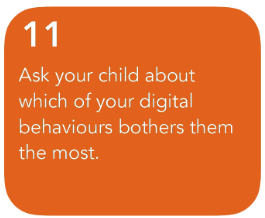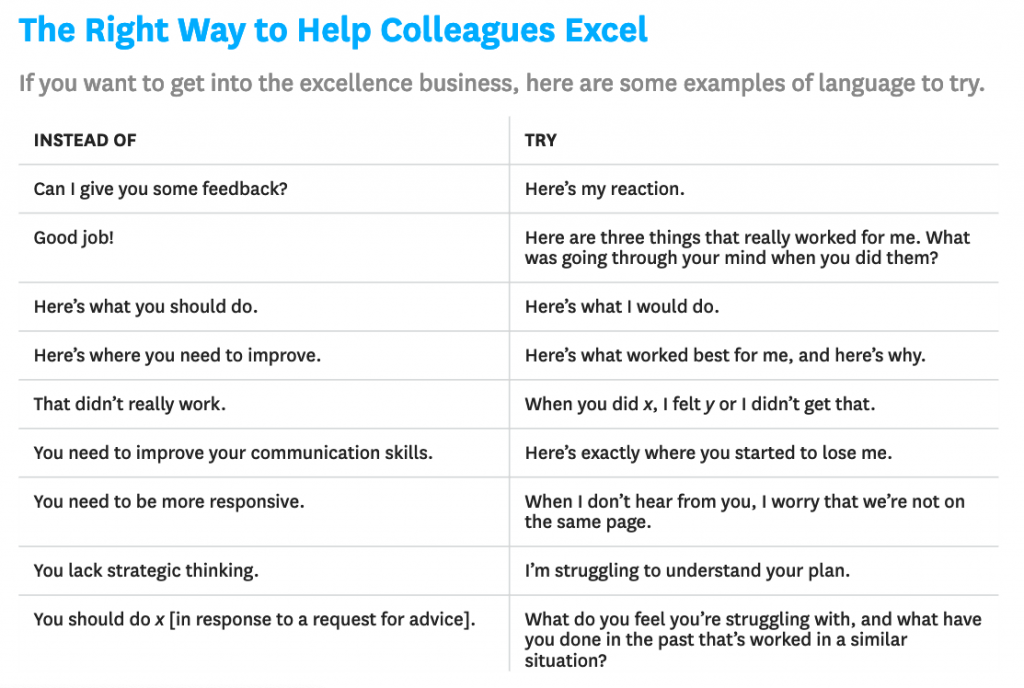The Grade 10s are ready and excited to share with you their Personal Projects!
Below are the visiting hours:
- Block 1 (08.15 – 09.15am): Grades 5, 6 & 9
- Block 2 (09.15 – 10.20am): Grades 3, 8 & 7
- Block 3 (10.45 – 11:45am): Grades 4 & 11
See you in the PAC, and thanks very much for supporting the Grade 10s!







